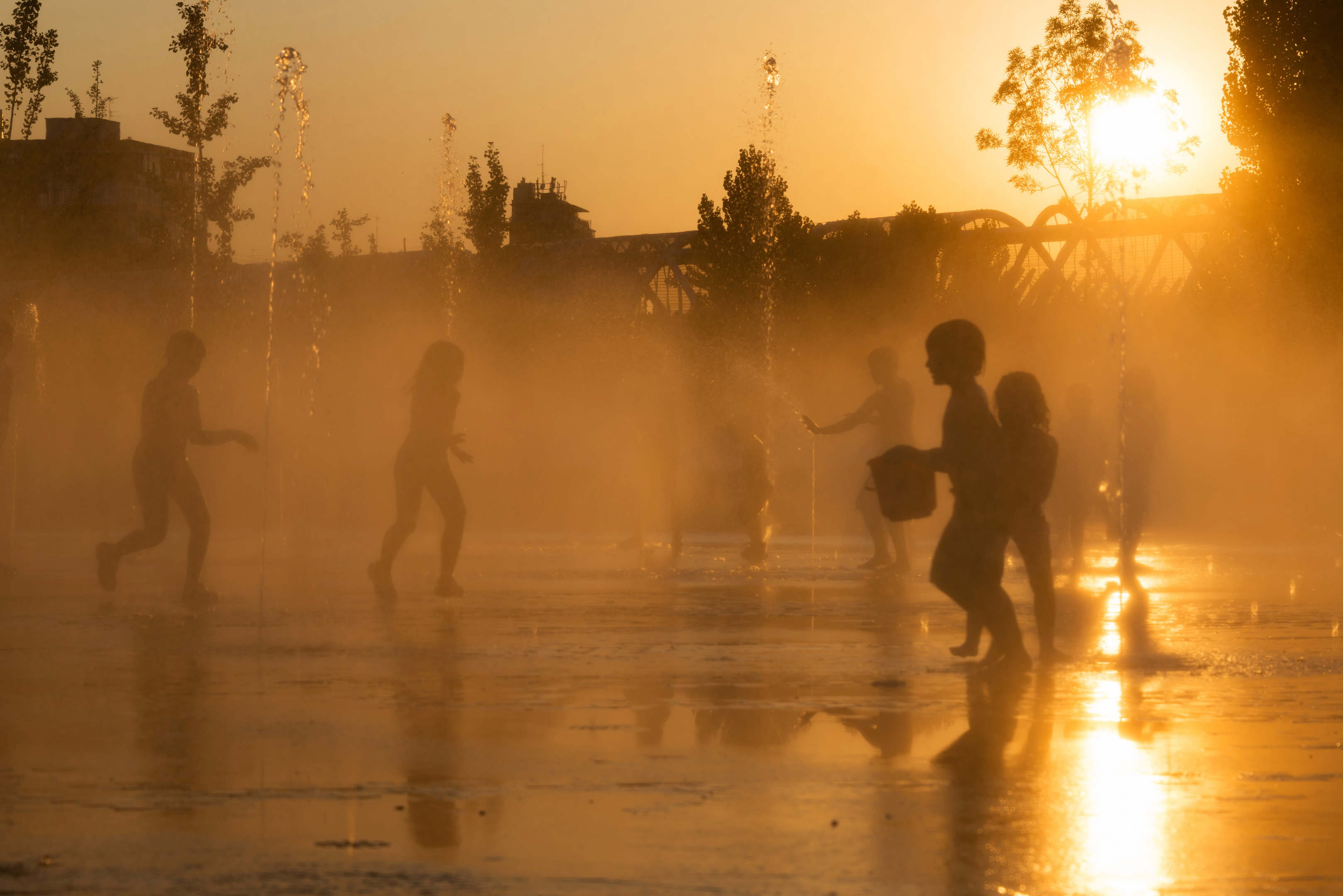
CHILDREN born in the summer may have an increased risk of being short-sighted, a new study suggests.
To a lesser extent, playing computer games may also be a risk factor, researchers found.
The study, published in the British Journal of Ophthalmology, examined the risk of myopia among youngsters taking part in the Twins Early Development Study.
Myopia, or near-sightedness, is a common eye condition where objects close by can be seen clearly and those further away can appear blurred.
Almost 2,000 twins with an average age of 17, who were born between 1994 and 1996, took part in the study.
Overall 26% of the participants were myopic, and the average age at which children started to wear glasses was 11.
Researchers compared their short-sightedness to a range of factors.
Factors significantly associated with developing short-sightedness included being born in the summer – where children had a 93% increased risk – and those who spent longer playing computer games were 3% more likely to develop such eye problems.
But fertility treatment appeared to have a protective effect, with twins born as a result of IVF less likely to become short-sighted.
The authors wrote: “We attempted to address the question of what early life factors in modern-day childhood contribute to myopia and identified maternal education, playing computer games and a summer birth to be associated with increased odds, while fertility treatment appeared protective.”

Enjoy the convenience of having The Sunday Post delivered as a digital ePaper straight to your smartphone, tablet or computer.
Subscribe for only £5.49 a month and enjoy all the benefits of the printed paper as a digital replica.
Subscribe